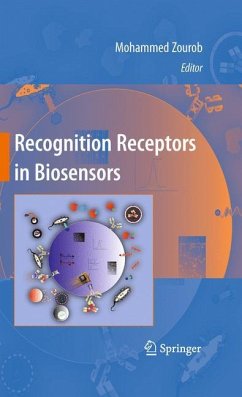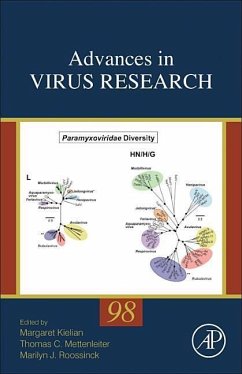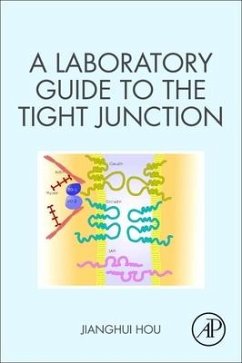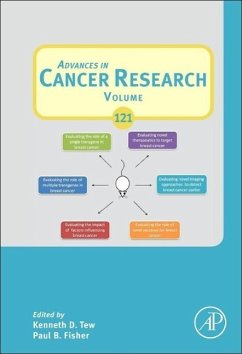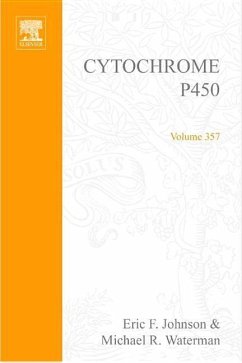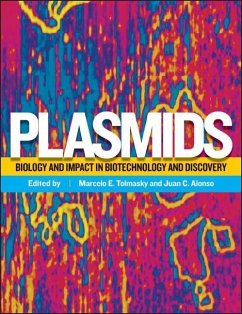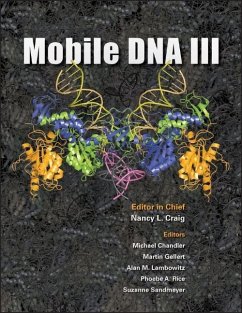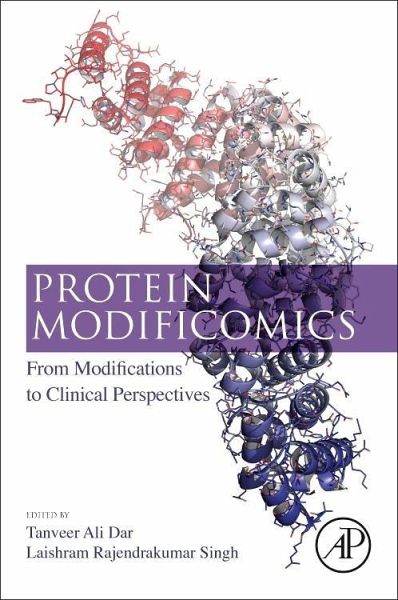
Protein Modificomics
From Modifications to Clinical Perspectives
Herausgegeben: Dar, Tanveer Ali; Singh, Laishram Rajendrakumar

PAYBACK Punkte
50 °P sammeln!
Protein Modificomics: From Modifications to Clinical Perspectives comprehensively deals with all of the most recent aspects of post-translational modification (PTM) of proteins, including discussions on diseases involving PTMs, such as Alzheimer's, Huntington's, X-linked spinal muscular atrophy-2, aneurysmal bone cyst, angelman syndrome and OFC10. The book also discusses the role PTMs play in plant physiology and the production of medicinally important primary and secondary metabolites. The understanding of PTMs in plants helps us enhance the production of these metabolites without greatly alt...
Protein Modificomics: From Modifications to Clinical Perspectives comprehensively deals with all of the most recent aspects of post-translational modification (PTM) of proteins, including discussions on diseases involving PTMs, such as Alzheimer's, Huntington's, X-linked spinal muscular atrophy-2, aneurysmal bone cyst, angelman syndrome and OFC10. The book also discusses the role PTMs play in plant physiology and the production of medicinally important primary and secondary metabolites. The understanding of PTMs in plants helps us enhance the production of these metabolites without greatly altering the genome, providing robust eukaryotic systems for the production and isolation of desired products without considerable downstream and isolation processes.




